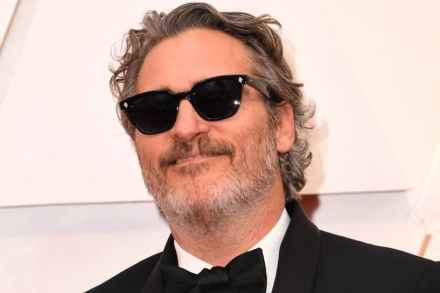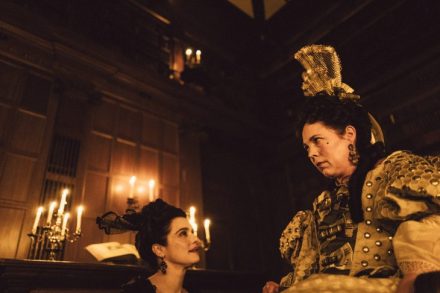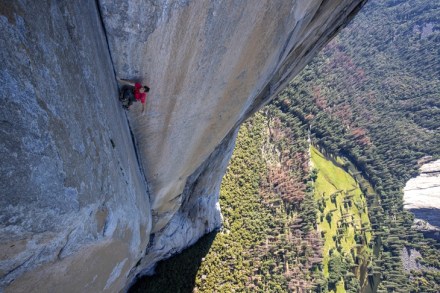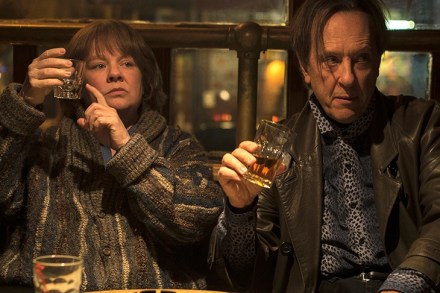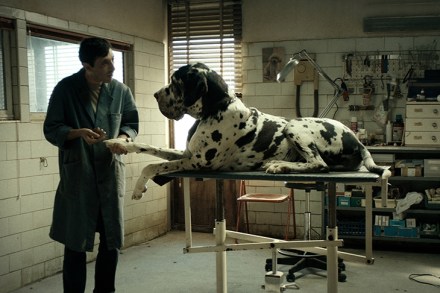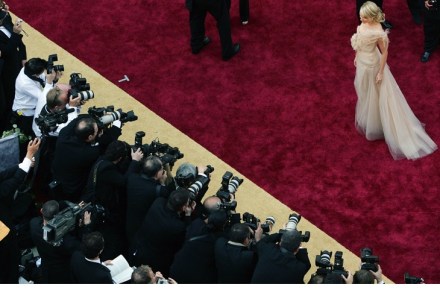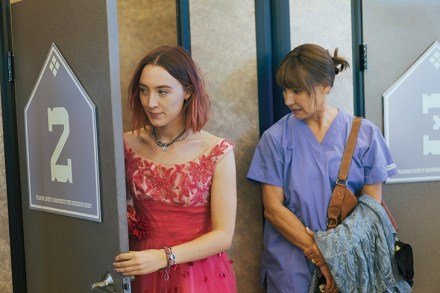Joaquin Phoenix’s Oscars speech was beyond a joke
The 2020 Oscars will go down in history for two things: Bong Joon-ho’s brilliant film Parasite becoming the first foreign-language film ever to win Best Picture. And Joaquin Phoenix talking about artificially inseminating cows. Yes, in a crowded field of un-self-aware, right-on speeches and stunts during this year’s awards season – Natalie Portman’s Dior cape bearing the names of snubbed female directors certainly deserves an honourable mention – Phoenix came out on top. In his emotional acceptance speech for Best Actor, won for his skeletal, bravura performance in Joker, Phoenix was almost quaking as he talked about the need for a political unity of purpose among the Hollywood set. ‘[W]e
